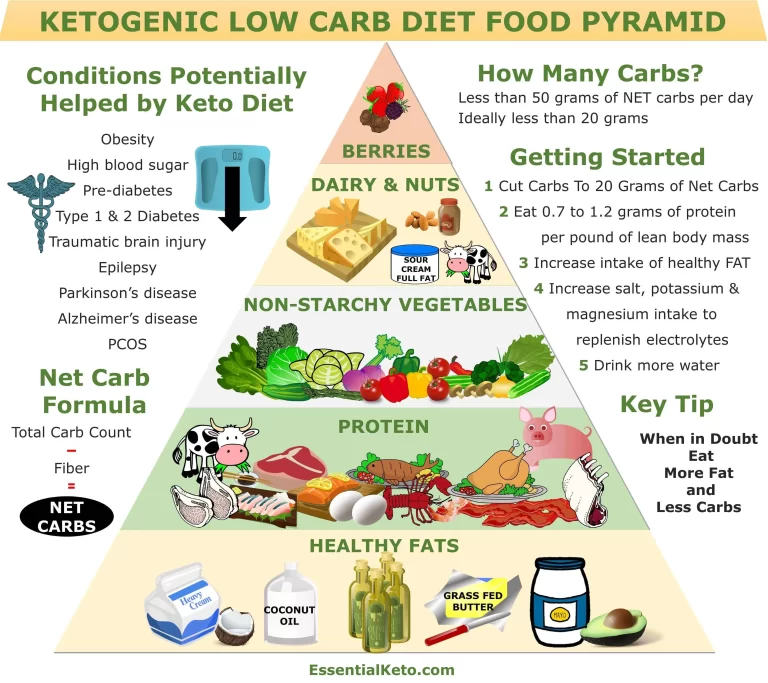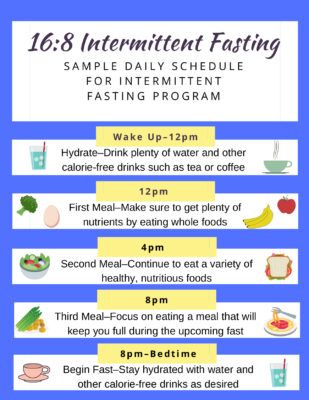Herbal supplements have gained popularity in recent years as an alternative or complementary approach to conventional medicine. These products are derived from plants and are believed to provide various health benefits. However, it is essential to carefully evaluate the safety and efficacy of herbal supplements before incorporating them into our daily routines. In this article, we will explore the key factors to consider when assessing the quality, safety, and effectiveness of herbal supplements.
Understanding Herbal Supplements
Herbal supplements are natural products derived from plant sources, such as leaves, roots, flowers, or seeds. They have been used for centuries in different cultures to promote health and well-being. Today, they are commonly available in the form of capsules, tablets, powders, and teas. It is important to note that herbal supplements are not regulated as strictly as prescription medications, which makes evaluating their safety and efficacy even more crucial.
Evaluating Safety
One of the first steps in assessing the safety of herbal supplements is to research the manufacturer or brand. Look for reputable companies that adhere to good manufacturing practices and carry out third-party testing. This ensures that the products are free from contaminants, such as heavy metals or pesticides.
Another crucial aspect is to investigate potential side effects and interactions with other drugs. While herbal supplements are often considered natural, they can still have powerful effects on the body and may interact with prescription medications. Consulting with a healthcare professional or a knowledgeable herbalist can help determine if a particular supplement is safe for individual circumstances.
Evaluating Efficacy
When evaluating the effectiveness of herbal supplements, it is essential to look for scientific evidence supporting their claimed benefits. Reputable manufacturers should provide references to clinical studies or research conducted on their products. This information can help determine if the supplement has been proven effective for the intended purpose.
However, it is important to approach these studies critically. Look for well-designed clinical trials with a significant number of participants and rigorous methodologies. Be cautious with anecdotal evidence or studies with a small sample size, as they may not provide reliable information on the efficacy of the supplement in question.
Quality Control
Ensuring quality control is vital for the safety and effectiveness of herbal supplements. Look for products that have undergone rigorous testing for potency, purity, and quality. Some supplements may even carry third-party certification seals, such as those from the United States Pharmacopeial Convention (USP) or ConsumerLab.com, indicating that they meet specific quality standards.
Regulatory Oversight
Unlike pharmaceutical drugs, herbal supplements are not subject to the same strict regulations from health authorities. In the United States, the Food and Drug Administration (FDA) does not require herbal supplements to be approved before they are marketed. They are only required to be safe for consumption, and it is the responsibility of the manufacturer to ensure their products meet these requirements.
However, the FDA does regulate dietary supplements, including herbal supplements, under the Dietary Supplement Health and Education Act of 1994 (DSHEA). This means that manufacturers must adhere to specific labeling requirements and cannot make false or unsubstantiated claims about their products. It is important to carefully read the labels, including ingredients and dosage recommendations, to make informed choices.
Conclusion
The popularity of herbal supplements continues to grow, but it is crucial to conduct proper evaluation before incorporating them into our healthcare routines. Assessing the safety and efficacy of herbal supplements involves researching manufacturers, understanding potential interactions and side effects, and critically reviewing scientific evidence supporting their claimed benefits. Additionally, prioritizing products with stringent quality control measures and understanding the regulatory oversight surrounding these supplements is essential. By taking these steps, individuals can make informed decisions and ensure the safe and effective use of herbal supplements for their overall well-being.









